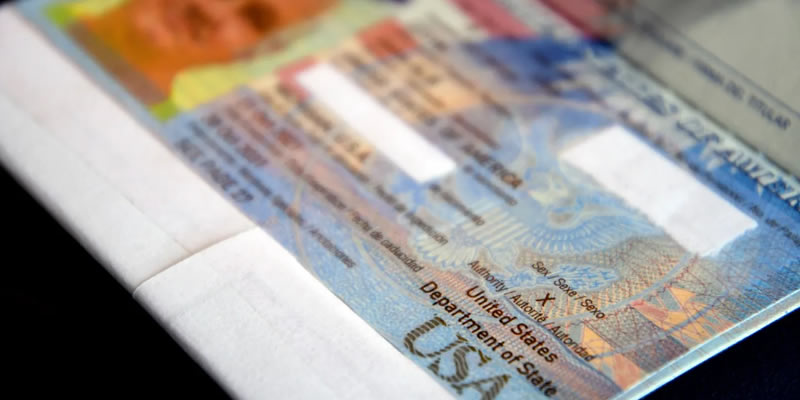
As of January 26, 2024, the Florida Department of Highway Safety and Motor Vehicles released a memo that prevents Floridians from changing their gender on their driver’s license or state ID. This applies to transgender people in all phases of their transition. Anyone who desires to change the gender that appears on their state identification is no longer permitted to do so. Before this memo, Florida residents could submit proof of a name change or a letter from a physician regarding gender transition treatment to change their gender marker. While these changes are being challenged in Court, there is no decision as yet that would guide Floridians who are transgender and want to change their documents to reflect their gender identity rather than the gender that was assigned to them (sometimes mistakenly) at birth. Intersex individuals are often not identified as such at birth, and are assigned male or female based on outwardly visible genitalia. Most people are born with either XX (female) or XY (male) chromosomes. But some people are born with various combinations of the XXY or XYY chromosomal combinations that throw into question that child’s actual gender, again often unknown at the time of birth.
Currently, 22 states and Washington D.C. allow their residents to change their gender marker, some of which also include a gender-neutral option. Many states allow this change to their birth certificate as well, and people applying for a U.S. passport can choose their gender without proof from a medical source. Anecdotal evidence is that the Department of Vital Statistics is now refusing to change gender markers on Florida birth certificates even if the appropriate letter from a physician is submitted.
With this memo, the Florida Department of Highway Safety and Motor Vehicles took a firm stance against freely expressing changes in gender, which accompanies many other new laws from the Florida Legislature negatively affecting the LGBTQ community. Representatives have submitted bills that may require residents to certify that their gender is the same across state identifications and birth certificates, as well as a bill that allows for the nonuse of pronouns or preferred titles that do not match a person’s born gender. These bills were not signed into law, but many others like it have continued to be submitted.